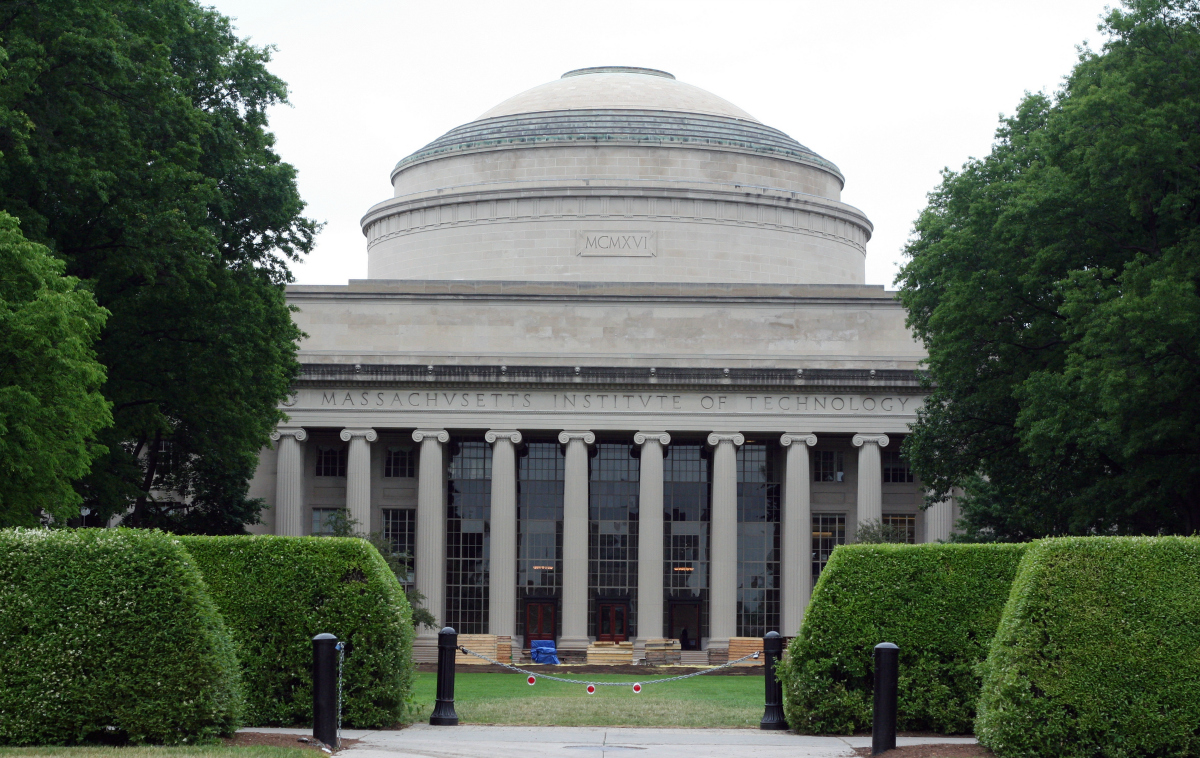An MIT Physicist Earned a Nobel Prize

MIT by Niall Kennedy on Flickr/Creative Commons
Rainer Weiss just wanted to know he wasn’t completely out of touch.
After flunking out of MIT, the young physicist went searching for affirmation when he stumbled into a technician’s job at the Institute. More than 60 years and a few trailblazing scientific discoveries later, not only does Weiss have the confidence that he isn’t a “complete dope,” as he put it, but the Nobel Foundation confirmed that fact, too.
Weiss was named the Nobel Prize winner in physics Tuesday morning for his work on gravitational wave detection. In September 2015, Weiss’s Laser Interferometer Gravitational-wave Observatory (LIGO) registered a ripple caused by the collision of two huge black holes roughly 1.3 billion years ago.
The waves are so microscopic in amplitude that many scientists considered their detection a lost cause. Weiss himself was initially skeptical of his own discovery, which marked the first time an instrument on Earth was sensitive enough to pick up on the waves. The detection also confirmed Albert Einstein’s 1916 prediction, based on his theory of general relativity, that such waves occurred, and opened new pathways in astrophysics and astronomy.
Despite his rocky undergraduate start, Weiss eventually graduated from MIT with bachelor and doctorate degrees before teaching there for nearly four decades. In opening remarks honoring Weiss on Tuesday morning, MIT President L. Rafael Reif highlighted the personal and intellectual qualities required to make such a seminal discovery.
“The creativity and rigor of the LIGO experiment constitute a scientific triumph,” Reif said. “We are profoundly inspired by the brilliant leadership and decades of ingenuity, optimism, and perseverance that brought it to life.”
Weiss shares the prize with colleagues Kip Thorne and Barry Barish of Caltech. Not only did Weiss celebrate the bi-coastal collaboration, but he also emphasized the hard work of the other scientists in his lab and around the world that made key contributions to the project. Ultimately, Weiss said, it wasn’t the dreams of life-altering revelations that kept him going, but the camaraderie and incremental improvements happening all around him.
“The pleasure of doing that with people you enjoyed is the thing that kept you going,” Weiss said. “The end result is wonderful, I’m not denying that, but that wasn’t the thing that made it go.”
Weiss joins an already crowded club of MIT personnel to take home the Nobel Prize in physics. He is the 32nd scientist affiliated with the Institute to take home the prize, most recently brought to campus by Serge Haroche in 2012.
In his remarks, Weiss also took time to praise the scientific method, placing the import of legitimate, fact-based discoveries in starkly contemporary terms.
“This prize, and others that are given to scientists, is an affirmation by our society of gaining information about the world around us from a reasoned understanding of evidence, a process that is currently in some jeopardy,” Weiss said.


